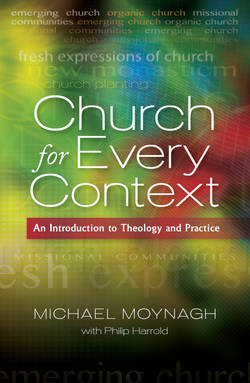Читать книгу Church for Every Context - Michael Moynagh - Страница 99
На сайте Литреса книга снята с продажи.
An economic and social turn
ОглавлениеThe Spanish-American sociologist, Manuel Castells, has done perhaps more than anyone to understand the changes represented by this third ‘turn’. Felix Stalder, a commentator on Castells, puts him in the same league as the famous sociologist, Max Weber (Stalder, 2006, p. 2). Castells’s central contention is that the world is reconfiguring round a series of networks strung across the globe on the basis of advanced communication technologies. The birth of the ‘network society’, which involves a shift from hierarchies to networks, is transforming every aspect of social existence.
This new world has its origins in three independent processes that began around the late 1960s to mid 1970s: the information technology revolution, the economic crisis of both capitalism and statism and their subsequent restructuring, and the flourishing of cultural social movements such as libertarianism, human rights, feminism and environmentalism. ‘The interaction between these processes, and the reactions they triggered, brought into being a new dominant social structure, the network society; a new economy, the informational/global economy; and a new culture, the culture of real virtuality’ (Castells, 2000b, p. 337). With Stalder as a guide, three themes from Castells’ work have particular salience for the church.
